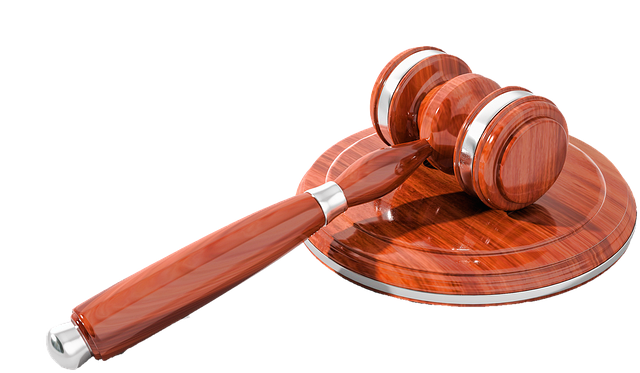Jury Nullification: Legal Power or Ethical Dilemma?
Introduction: Jury nullification, a controversial yet powerful concept in the American legal system, allows jurors to acquit defendants despite clear evidence of guilt. This article explores the historical roots, legal implications, and ethical considerations surrounding this practice, shedding light on its impact on justice and democracy.

Historical Context and Notable Cases
The concept of jury nullification dates back to 17th century England, where it was used to protect defendants from unjust laws and persecution. In colonial America, it gained prominence during the pre-Revolutionary period, when juries refused to convict colonists charged with violating unpopular British laws. One of the most famous early American cases involving jury nullification was the 1735 trial of John Peter Zenger, a newspaper publisher charged with seditious libel for criticizing the colonial governor. Despite clear evidence of guilt, the jury acquitted Zenger, establishing an important precedent for freedom of the press.
Legal Status and Controversy
The legal status of jury nullification remains ambiguous. While courts generally acknowledge that juries have the power to nullify, they do not recognize it as a right. Most judges refuse to inform jurors about nullification, and some even instruct juries that they must follow the law as given by the court. This has led to ongoing debates about whether jurors should be explicitly informed of their nullification power. Proponents argue that it is a crucial safeguard against unjust laws and overzealous prosecution, while opponents contend that it undermines the rule of law and can lead to inconsistent application of justice.
Modern Applications and Controversies
In recent years, jury nullification has been invoked in cases involving drug possession, assisted suicide, and politically charged prosecutions. For example, some juries have refused to convict defendants charged with minor marijuana offenses in states where public opinion has shifted towards legalization. However, the practice has also faced criticism when used to acquit defendants in cases involving racial bias or other forms of prejudice. This has raised questions about the potential for jury nullification to perpetuate systemic injustices rather than correct them.
Ethical Considerations and Societal Impact
The debate surrounding jury nullification touches on fundamental questions about the nature of democracy, the role of citizen participation in the legal system, and the balance between written law and moral judgment. Supporters argue that it allows citizens to directly shape the application of laws and serves as a check on government overreach. Critics, however, warn that it can lead to arbitrary and unequal application of the law, potentially undermining the principle of equal justice under law.
Legal Reforms and Future Outlook
As discussions about criminal justice reform continue, some legal scholars and activists have called for a reexamination of jury nullification. Proposed reforms range from explicitly informing jurors of their nullification power to creating formal mechanisms for juries to recommend leniency or law changes. However, such proposals face significant opposition from those who fear they could lead to chaos in the legal system. As society grapples with evolving notions of justice and the role of citizen participation in governance, the debate over jury nullification is likely to remain a contentious and important issue in legal and political discourse.
In conclusion, jury nullification represents a complex intersection of law, ethics, and democracy. While it offers a powerful tool for citizens to influence the application of laws, it also raises challenging questions about consistency, fairness, and the rule of law. As the legal system continues to evolve, the role of jury nullification will undoubtedly remain a subject of intense debate and scrutiny, reflecting broader societal conversations about justice, citizenship, and the limits of governmental authority.





